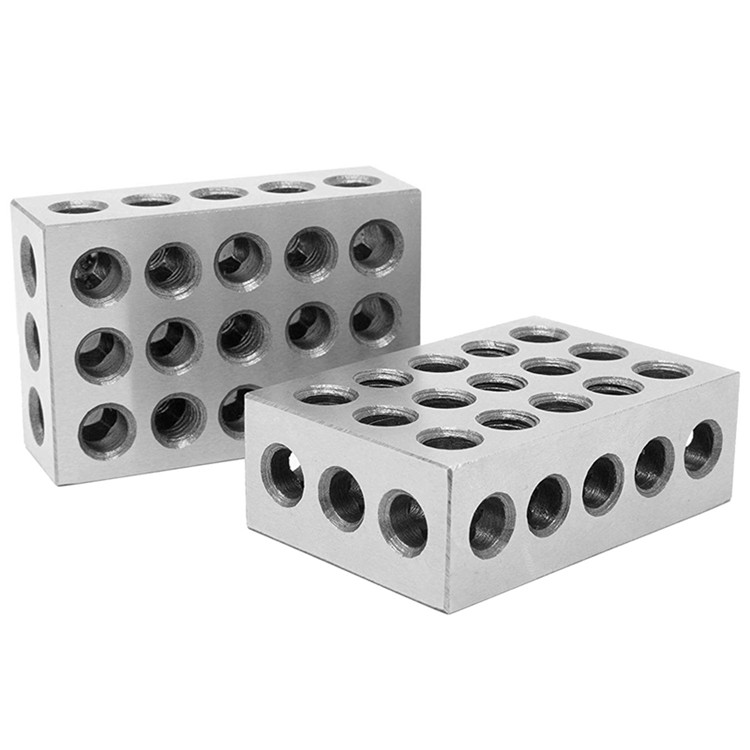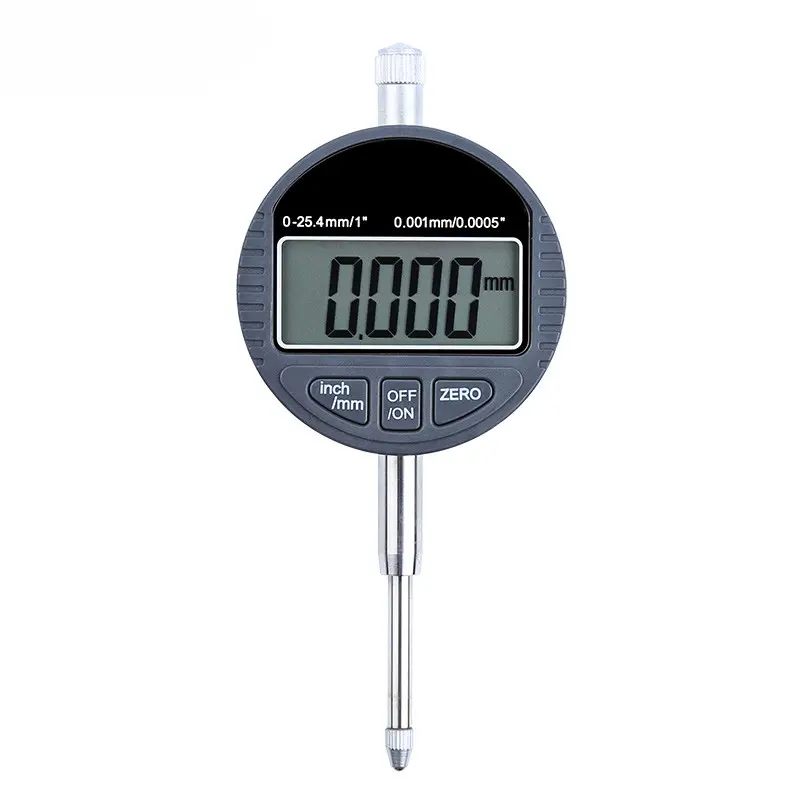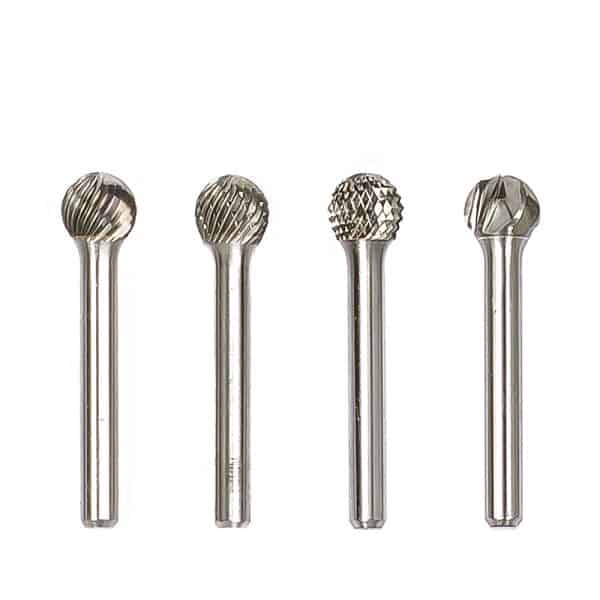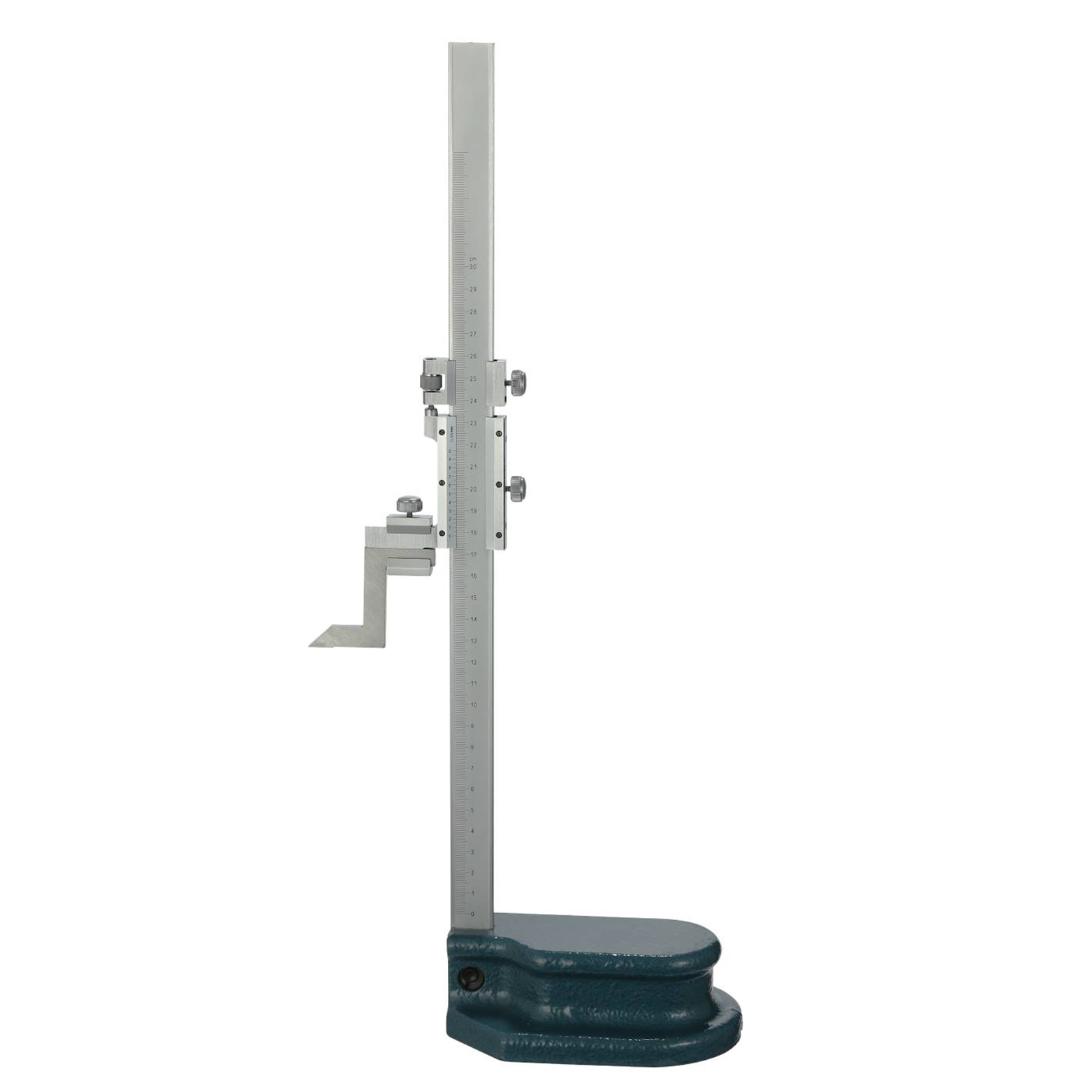step drill bit Manufacturers
Finding reliable step drill bit manufacturers can be challenging. This guide explores key considerations when selecting a manufacturer, including material quality, manufacturing processes, customization options, and cost-effectiveness, helping you make an informed decision.
Understanding Step Drill Bits
What is a Step Drill Bit?
A step drill bit, also known as a stepped drill bit, is a drill bit designed with multiple steps or gradually increasing diameters. This allows it to drill holes of different sizes in a single operation without needing to change bits. They are commonly used for drilling holes in thin materials like sheet metal, plastic, and wood.
Advantages of Using Step Drill Bits
- Versatility: Drills multiple hole sizes with one bit.
- Clean Holes: Creates clean, burr-free holes.
- Efficiency: Saves time by eliminating the need to switch bits.
- Accuracy: Provides accurate and consistent hole sizes.
Key Considerations When Choosing a Manufacturer
Material Quality
The material used to manufacture step drill bits significantly impacts their performance and lifespan. Common materials include:
- High-Speed Steel (HSS): Suitable for general-purpose drilling.
- Cobalt Steel: Offers higher heat resistance and durability for tougher materials.
- Titanium Nitride (TiN) Coated: Provides increased surface hardness and wear resistance.
Choose a manufacturer that uses high-quality materials and offers different coating options to meet your specific drilling needs.
Manufacturing Processes
The manufacturing process directly affects the precision and quality of step drill bits. Look for manufacturers that utilize:
- CNC Machining: Ensures precise dimensions and consistent quality.
- Grinding Processes: Provides sharp cutting edges for clean and efficient drilling.
- Heat Treatment: Enhances the hardness and durability of the bits.
Customization Options
Depending on your application, you may require custom step drill bits with specific step sizes, angles, or coatings. A reliable manufacturer should offer customization options to meet your unique requirements.
Cost-Effectiveness
While price is an important factor, it's crucial to balance cost with quality. Consider the long-term value of the step drill bits and choose a manufacturer that offers a competitive price without compromising on quality or performance.
Top Step Drill Bit Manufacturers
While providing an exhaustive list of all manufacturers is impossible, here are some reputable companies known for producing high-quality step drill bits. Always verify their current offerings and capabilities directly:
- Wayleading Tools (www.wayleading.com): Offers a range of standard and custom step drill bits, known for their precision and durability. They can be contacted via their website for specific inquiries.
- Irwin Tools: A well-known brand offering a variety of step drill bits for different applications.
- Milwaukee Tool: Provides durable and high-performance step drill bits designed for professional use.
- Viking Drill & Tool: Offers a wide selection of drill bits, including step drill bits, known for their quality and precision.
Selecting the Right Step Drill Bit for Your Application
Choosing the right step drill bit depends on several factors, including the material you're drilling, the desired hole sizes, and the type of equipment you're using.
Material Compatibility
Ensure the step drill bit is compatible with the material you're drilling. For example, cobalt steel bits are better suited for harder materials like stainless steel, while HSS bits are sufficient for softer materials like aluminum and plastic.
Hole Size Range
Select a step drill bit with a hole size range that meets your needs. Consider the smallest and largest hole sizes you'll be drilling and choose a bit that covers that range.
Shank Size
Ensure the shank size of the step drill bit is compatible with your drill or drill press. Common shank sizes include 1/4 inch, 3/8 inch, and 1/2 inch.
Testing and Quality Control
Reputable step drill bit manufacturers implement rigorous testing and quality control procedures to ensure their products meet the highest standards. Look for manufacturers that conduct:
- Dimensional Accuracy Testing: Verifies that the step drill bits meet specified dimensions.
- Hardness Testing: Ensures the material hardness meets requirements.
- Performance Testing: Evaluates the drilling performance and durability of the bits.
Maintaining Your Step Drill Bits
Proper maintenance can extend the life of your step drill bits and ensure optimal performance.
- Cleaning: Clean the bits after each use to remove debris and prevent corrosion.
- Sharpening: Sharpen the bits when they become dull to maintain their cutting efficiency.
- Storage: Store the bits in a dry and organized manner to prevent damage.
Example Data Table: Step Drill Bit Material Comparison
| Material | Hardness (HRC) | Heat Resistance (°C) | Recommended Use |
|---|---|---|---|
| High-Speed Steel (HSS) | 62-64 | 200-250 | General purpose drilling in wood, plastic, and soft metals. |
| Cobalt Steel | 66-68 | 500-600 | Drilling in hard metals like stainless steel and cast iron. |
| Titanium Nitride (TiN) Coated HSS | ~85 (Surface) | 250-300 | General purpose drilling with increased wear resistance. |
Data derived from common industry standards. Actual values may vary by manufacturer and specific grade.
Conclusion
Choosing the right step drill bit manufacturer is essential for ensuring quality, performance, and cost-effectiveness. By considering factors like material quality, manufacturing processes, customization options, and testing procedures, you can find a reliable partner that meets your specific drilling needs. Whether you need standard or custom step drill bits, thorough research and careful selection will lead to optimal results. Remember to visit Wayleading Tools to explore their comprehensive selection of drilling solutions.
Related products
Related products
Best selling products
Best selling products-
 Precision Digital Caliper Of With Metric & Inch Size For Industrial
Precision Digital Caliper Of With Metric & Inch Size For Industrial -
 HSS Shell End Mill Cutter With Bright & TiN Or TiAlN Coated
HSS Shell End Mill Cutter With Bright & TiN Or TiAlN Coated -
 Metric HSS Annular Cutters With Weldon Shank For Metal Cutting
Metric HSS Annular Cutters With Weldon Shank For Metal Cutting -
 Precision V Block And Clamps Set With Customized Type
Precision V Block And Clamps Set With Customized Type -
 Straight Shank ER Collet Chuck Holders With Extending Rod
Straight Shank ER Collet Chuck Holders With Extending Rod -
 DIN338 HSS Twist Drill Bit Fully Ground Or TiN Coated
DIN338 HSS Twist Drill Bit Fully Ground Or TiN Coated -
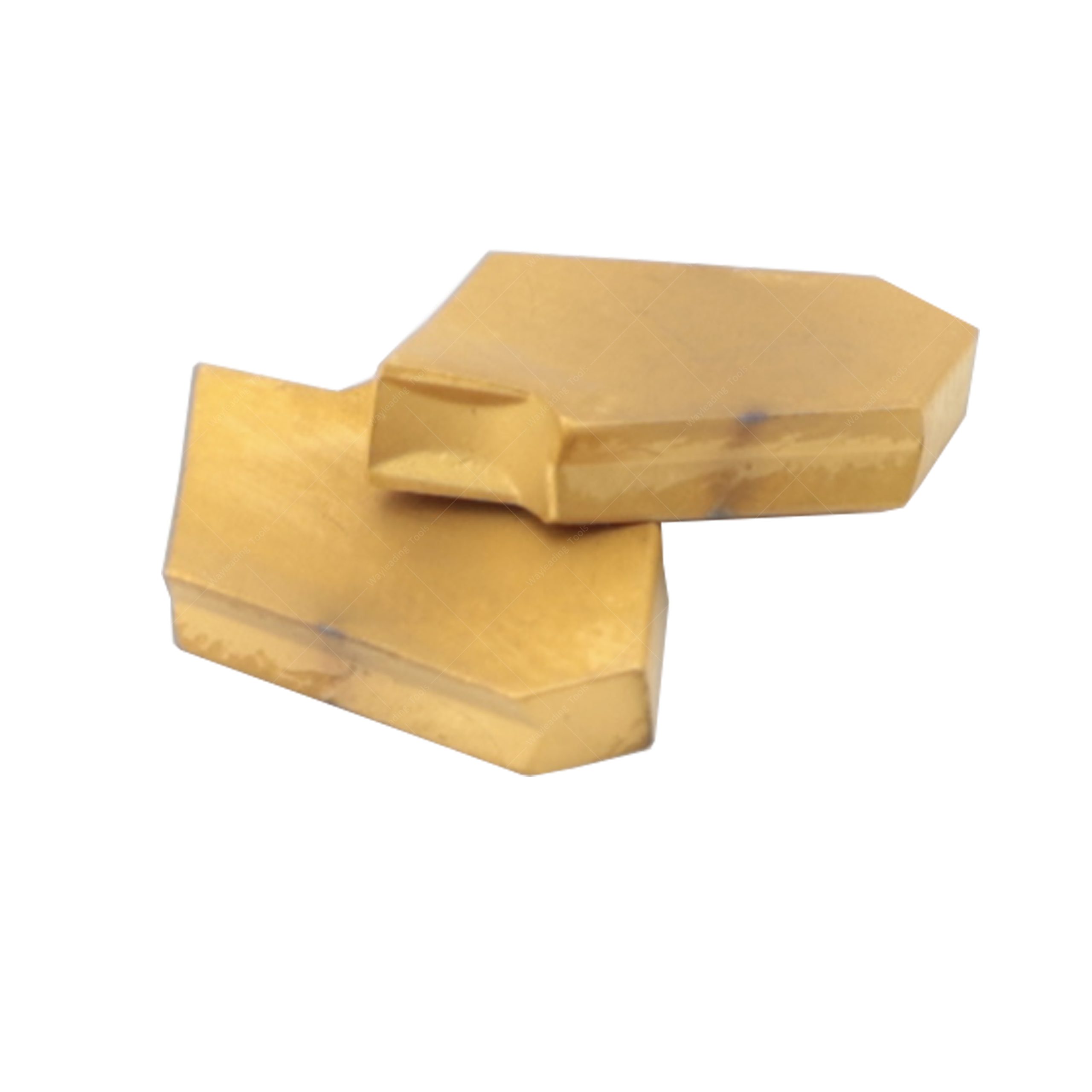 GTN Parting & Grooving Insert For NCIH Blade
GTN Parting & Grooving Insert For NCIH Blade -
 Vernier Height Gauge With Magnifier With Adjustable Main Bean
Vernier Height Gauge With Magnifier With Adjustable Main Bean -
 Inch HSS 1/2″ Reduce Shank Drill Bit For Metal Cutting Of High Precision
Inch HSS 1/2″ Reduce Shank Drill Bit For Metal Cutting Of High Precision -
 Precision Dustproof Dial Caliper Of Double Shock-Proof For Industrial
Precision Dustproof Dial Caliper Of Double Shock-Proof For Industrial -
 Precision Straight Shank To Morse Taper Adapter
Precision Straight Shank To Morse Taper Adapter -
 Type M Cone Tungsten Carbide Rotary Burr
Type M Cone Tungsten Carbide Rotary Burr
Related search
Related search- gear cutter Factories
- Wholesale valve seat reamer set
- left hand drill bits Factories
- carbide tipped tool bit Manufacturers
- 5c step collets Suppliers
- ER Collets Factories
- gre external grooving toolholders Manufacturers
- High-Quality 45 degree indexable end mills
- SVJB turning tool holder Manufacturer
- taper taps Factory

